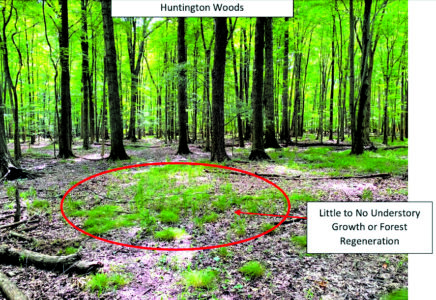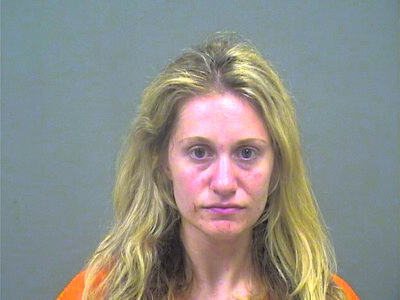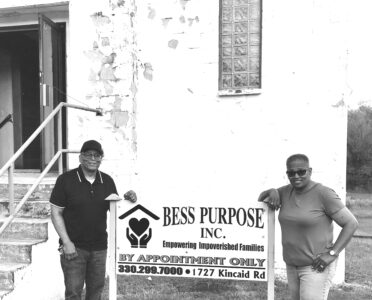Youngstown pays $739K in penalties to the feds
YOUNGSTOWN — With the federal government not permitting Youngstown to do sewer work instead of paying a $739,500 penalty for missing deadlines on a major wastewater improvement project, the city made the payment.
The city wanted the federal government to permit it to do a wastewater improvement project at a higher cost than the penalty amount, but the request was declined.
“U.S. Department of Justice policy does not allow for the acceptance of requests for alternative environmental projects,” said Andy Resnick, the city’s spokesman.
The $739,500 penalty was wired Wednesday to the federal government from the city’s wastewater fund.
Charles Shasho, the city’s deputy director of public works, said, “We approached them about a project, but it wasn’t an option.”
City council was supposed to vote Sept. 17 to authorize the board of control to make the payment. But the city law department determined that wasn’t necessary, and the item was pulled from council’s agenda.
Payment was due no later than Oct. 2.
Judge Christopher A. Boyko of the U.S. District Court’s Northern District of Ohio ruled Sept. 2 in favor of the federal government that Youngstown had to pay the $739,500 penalty within 30 days for violating a consent decree it signed in 2014 related to significant wastewater improvement work.
The judge ruled the city missed milestone dates for completion of an upgrade to its wastewater treatment plant and the submission of preliminary designs for a Mill Creek Park sewer interceptor project.
Boyko wrote in his ruling on the penalty that if Youngstown “sought a delay (under a) provision agreed upon by the parties in the consent decree such stipulated penalties would not likely be an issue. Youngstown failed to abide by the terms of the consent decree and, as a result, must pay the penalties it agreed would be due and owed for such failures.”
In a Sept. 5 article in The Vindicator, Shasho brought up the city’s plans to instead ask the federal government to permit it to do a wastewater improvement project at a higher cost than the penalty amount.
The federal Environmental Protection Agency originally ordered the city in 2002 to do $310 million worth of work, but it was negotiated down to $160 million in 2014 with the expectation it would be finished in 20 years.
The city plans to have all of the work done by Oct. 1, 2035.
The city argued in court filings that if it complied with the mandates now the cost would be about $380 million to $400 million — well over twice what it agreed to do 11 years ago.
At the heart of the city’s concern was the construction of a 100-million-gallon-per-day wet weather facility. The structures in the facility would treat excess combined sewage during heavy rainstorms and then release the water.
The city argued in a March 15, 2024, motion to reopen the consent decree that the facility was too large and expensive. It suggested an 80-million-gallon-per-day facility.
In a Nov. 12 amended motion to modify the consent decree, attorney Terrence S. Finn of the Roetzel & Andress law firm in Akron, which represents the city, wrote the project’s initial estimate was $62 million, but is now more than $240 million.
The smaller facility has a preliminary cost estimate of about $180 million, but that is most likely to change once design work is done.
Federal attorneys agreed to the reduced size of the facility. They wrote in a Sept. 3 final resolution motion that the city estimates it could save “approximately $54 million in capital costs” with the smaller facility.
Design work on the facility would start in January 2026 and take about two years to complete, Shasho said. Construction would start in 2028.
The project’s first phase upgraded the city’s wastewater treatment plant and was completed Feb. 3, 2021. But the federal government argued, with Boyko in agreement, that sludge handling improvements, not finished until June 30, 2021, were part of that project.
The project was supposed to be finished July 11, 2020, and makes up the largest part of the penalty imposed on Youngstown.
The initial construction estimate was $37.3 million, but the city said it cost $70 million.
That work helped reduce the sewer overflows that would be part of the wet weather facility project, a city court filing states.
The city also missed the April 15, 2021, milestone to submit the preliminary design report for the Mill Creek Park sewer interceptor project.
Design work was supposed to start July 11, 2020, and construction was to begin April 5, 2024.
The city plans a compressed schedule with the first two parts finished by May 29, 2028. The third part would be done by April 18, 2031, and the final part by Sept. 29, 2032.
That project was estimated to cost $47.7 million and will now cost more than $72 million, according to a court filing from the city.
The first two phases of that project, costing between $28 million and $43 million, will start in January, Shasho said. The city has to negotiate a final amount and project scope for the first two phases with Marucci & Gaffney Excavating Co., the Youngstown company awarded the contract, he said.
That amount should be done for the next board of control meeting, set for Oct. 9, Shasho said.





